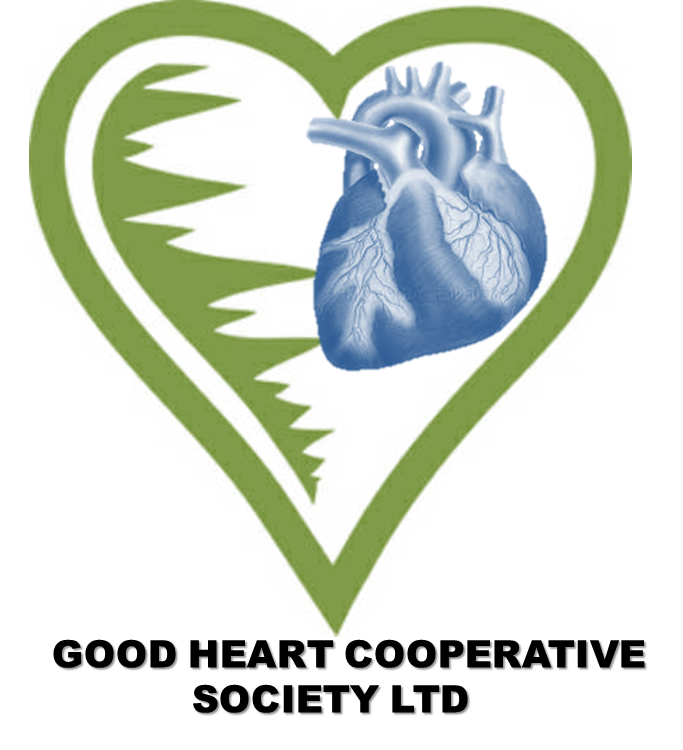An Overview Of Our Solution
- Population Impacted:
- Continent: Africa
Organization type
Population impacted
Size of agricultural area
Production quantity
People employed
Describe your solution
Describe your implementation
External connections
What is the environmental or ecological challenge you are targeting with your solution?
Describe the context in which you are operating
Organic waste water pollution and organic waste run-off’s into local water sources:One of the effects of organic pollutants is enriched waters in terms of pollution of the waters called "eutrophication". Some disadvantages of eutrophication phenomena are: The reduction of dissolved oxygen as a key parameter. The next will result in reduced levels of BOD, the falling value of pH, ammonia levels rise. It is as a result of the activity of bacteria that use oxygen to break down food in the waters which runs off to local water sources
Lack of water for aqua culture due to tropical savannah climate
Desertification, a phenomenon referring to land degradation in arid, semi-arid and dry sub-humid regions as a result of climatic variations and human activities, is considered as one of the most severe environmental and socio-economic problems of recent times. The long dry season starts earlier and ends later. Here there is nothing like the August break, therefore the two wet seasons become one.
Usage of toxic pesticide on farmland and crops:
Use of synthetic pesticide is vey toxic, thereby affecting the ecosystems and non-target organisms. Acute and chronic pesticide poisoning usually results from consumption of contaminated food. About 15,000 metric tons of pesticides comprising about 135 pesticide chemicals are imported annually into the country. In Nigeria, food test carried out on 217 different food items revealed the presence of DDT, Aldrin and Dieldrin .
How did you impact natural resource use and greenhouse gas emissions?
Language(s)
Social/Community
Water
Food Security/Nutrition
Economic/Sustainable Development
Climate
Sustainability
My solutions are very sustainable mean that they are affordable, cost efficient and they are reliable. though grant is needed to produce on a larger scale. anyone could afford to start this in a small scale.
Return on investment
Entrant Image

Entrant Banner Image

